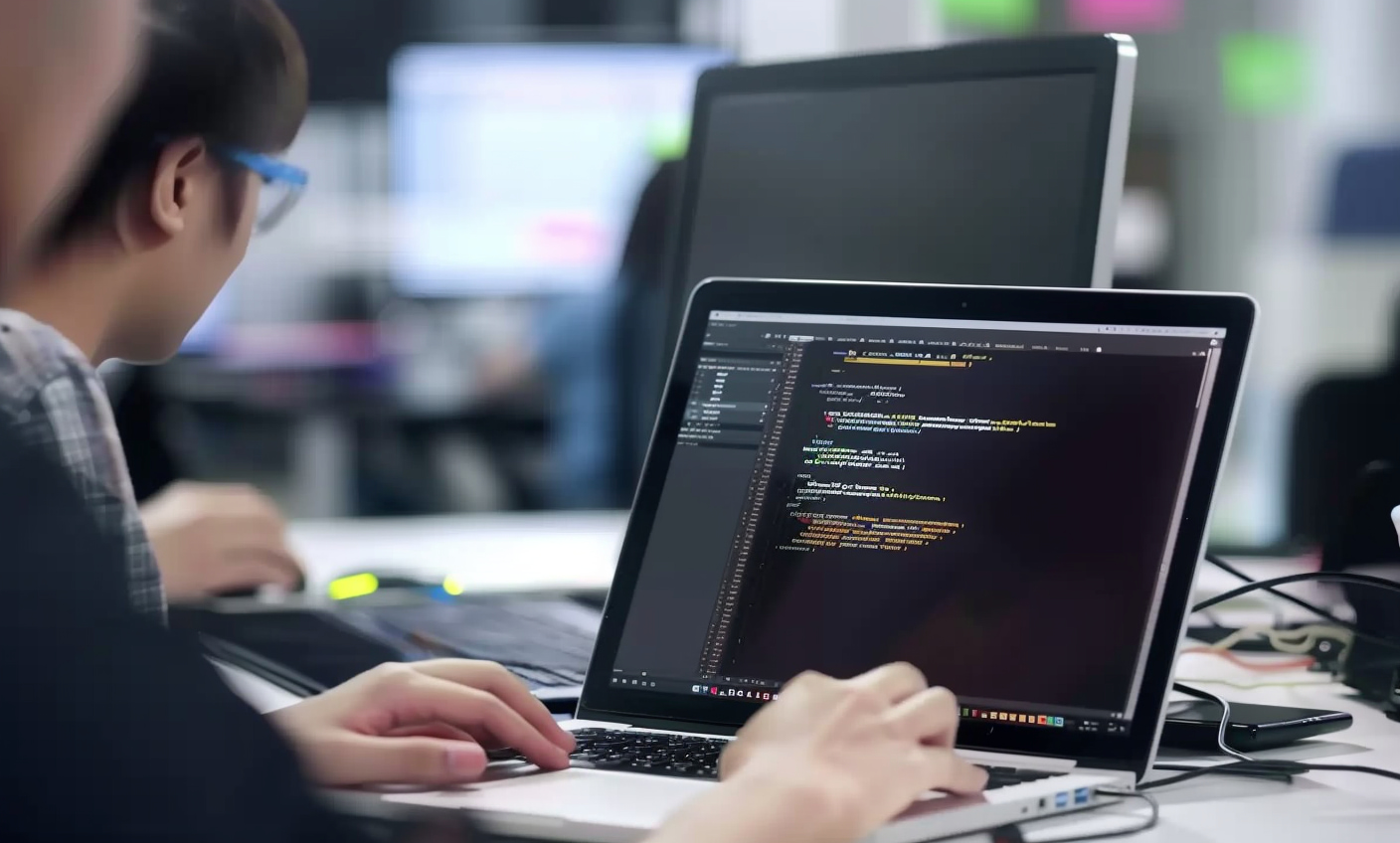Google, one of the tech industry giants, is facing a significant legal challenge as it has become the latest target in the growing wave of lawsuits surrounding the use of data in AI training. The company and DeepMind are being sued for allegedly using publicly available internet data without permission for training its AI models. The lawsuit claims that Google has been covertly appropriating “everything ever created and shared on the internet” for its AI training purposes. This development follows a recent lawsuit filed against OpenAI involving their GPT-3.5 and GPT-4 models, which also raised concerns about copyright violations in the use of data in AI training.
Public data and the complexities of AI training
The exponential growth of chatbots powered by advanced large language models (LLMs) has raised important questions about copyright and the rights of content creators within the AI training process. Central to these concerns are the datasets utilized to train AI models, encompassing diverse sources such as scraped blog content, scientific publications, library books, and social media platforms. Some platforms like Reddit and Twitter have taken measures to ensure compensation for the utilization of their user-generated content.
As major companies grapple with lawsuits, numerous individuals find themselves indirectly embroiled in the matter, lacking the means to challenge tech giants individually. This predicament has given rise to the possibility of class-action lawsuits seeking to address the collective impact on affected individuals. In this context, Google finds itself at the center of a proposed class action suit that not only demands a halt to commercial access to its AI models but also seeks to assert the value and ownership of personal data.
The Clarkson Law Firm is spearheading this legal action, with attorney Tim Giordano providing insight into the rationale behind the lawsuit. He emphasized that the notion of data being “publicly available” has never entailed unrestricted use for any purpose, stating, “Our personal information and our data is our property, and it’s valuable, and nobody has the right just to take it and use it for any purpose.” At the time of reporting, Alphabet, Google, and DeepMind have refrained from commenting on the ongoing lawsuit.
Implications for tech giants and individuals
The mounting legal challenges Google and other tech giants face highlight the need for clear guidelines and ethical frameworks in AI data training. As AI models continue to evolve and demonstrate greater capabilities, the responsible handling of training data becomes crucial to ensure the protection of individual rights and intellectual property.
The proposed class-action lawsuit against Google could have far-reaching consequences for the company and the entire tech industry. If successful, it may prompt a reevaluation of the current practices surrounding the use of publicly available data for AI training purposes. Also, it could pave the way for more comprehensive regulations to safeguard the rights of data contributors and creators.
The complexity of the issue extends beyond legal battles between corporations and individual litigants. It underscores the importance of engaging in broader discussions and collaborations among stakeholders, including technology companies, policymakers, content creators, and legal experts. By working together, they can navigate the intricate landscape of data rights, intellectual property, and AI development, forging a more transparent and equitable future for AI technology.
In the face of these legal challenges, tech companies must be vigilant in their data acquisition and usage practices. They must ensure compliance with legal and ethical norms, prioritize user consent and privacy, and establish robust mechanisms to compensate content creators and data contributors appropriately.
As the lawsuit against Google unfolds, the outcome will be closely watched by industry experts, legal professionals, and individuals with a vested interest in data privacy and the responsible development of AI technology. The case may serve as a critical turning point, shedding light on the complex intersection of public data, AI training, and the protection of individual rights in the digital age.





